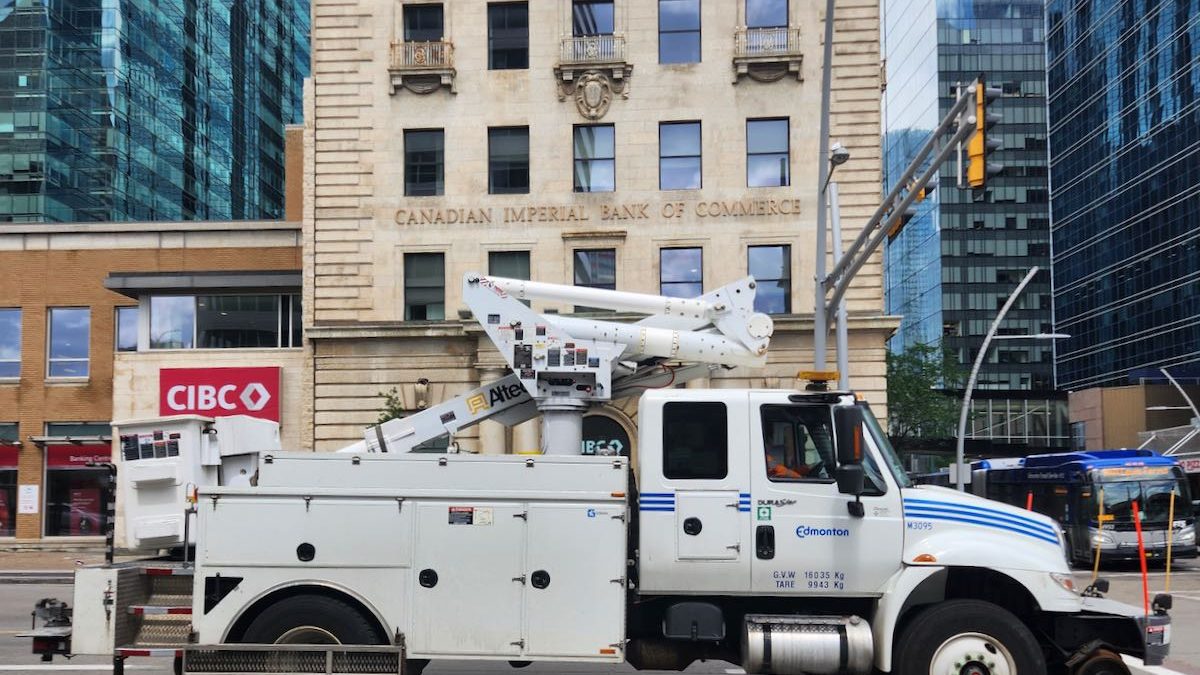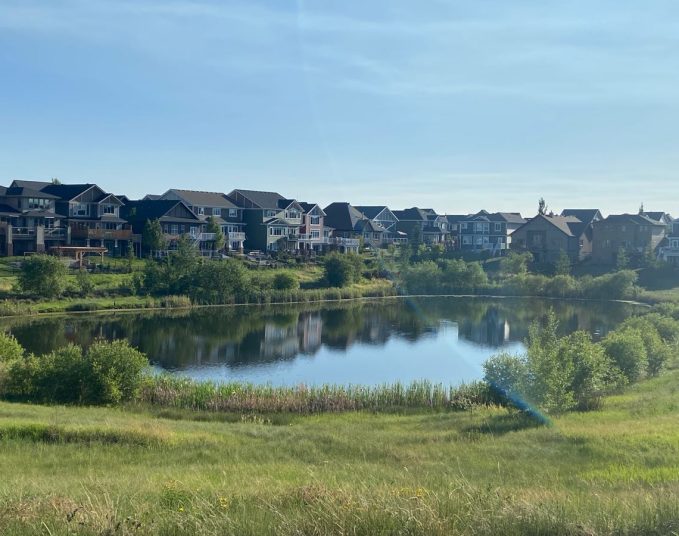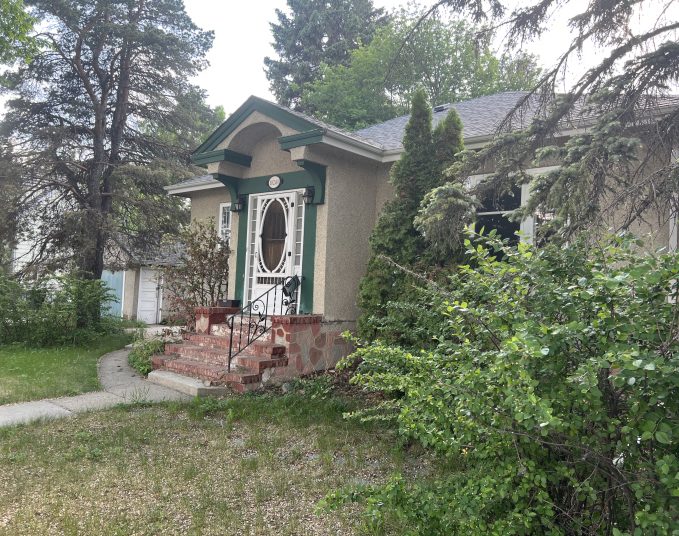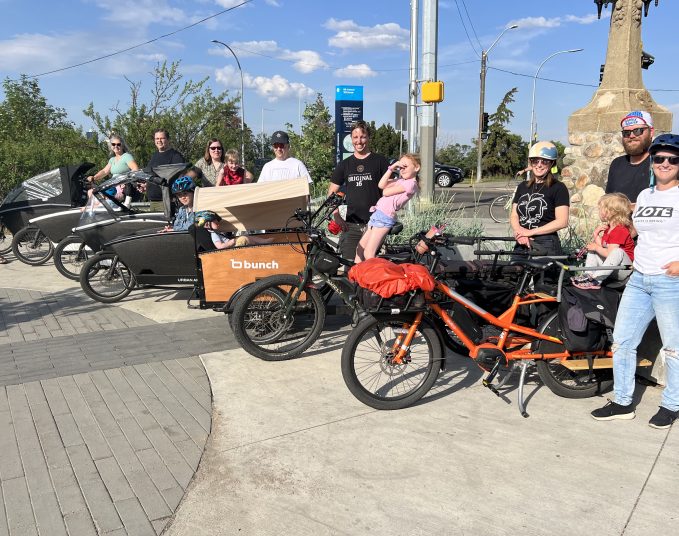Near the end of 2022, Edmonton City Council voted on a four-year budget plan, which came with annual property-tax hikes of between four and five per cent over that time.
It’s been about half a year since that budget was passed, and already council is talking about the need to raise taxes even more — or make service cuts. Or both.
The reason? A financial black hole when it comes to maintenance. Sure, we love to build infrastructure, from new roads to new LRT to new buildings, but every piece of equipment the City owns, each building the City holds, every road the City paves, they all need to be maintained and/or repaired. And, this week, council finally addressed the elephant in the room — that the maintenance budget is $470 million short… annually.
That’s right. Annually. Councillors told me post-meeting that after years of chronic shortfalls, the City’s maintenance needs will cost the city billions (that’s right, with a b) in years to come.
And, so, council voted unanimously to begin the process to create a dedicated maintenance budget. This will come back for more debate in the fall. And, this “Dedicated Renewal Fund” would need to be funded — at least in part — with “successive annual tax levy increases.”
“It’s become quite clear that we’re severely underfunding renewal and that the consequences of that are already playing out in the city and communities,” said Coun. Ashley Salvador, who chaired the council meeting.
“We’re nowhere near our target investment for renewal, and I continue to believe that we need to take steps to get to a more fiscally sustainable place.”
Make no mistake. Tuesday’s council meeting was a touchstone moment for this group. How they proceed from here will likely define them heading towards the next municipal election. They know they are in an absolute mess, and now they need to find a way out. We’re talking a Death Star trash compactor kind of jam.
Coun. Tim Cartmell called the growing maintenance budget gap “a crisis in slow motion.”
“I think we really have to do this. This is one of my primary concerns coming out of budget, that there was not enough money allocated to capital maintenance renewal. I know it’s not the flashy stuff, but I frankly think this is one of our most critical issues. If we don’t get on it, we’re going to have trouble.”
That being said, Cartmell said he was nervous about the “tacit budget increase” that will come with the Dedicated Renewal Fund.
And Coun. Karen Principe warned that maybe the City has tried for too long to do too many things.
“My concern is that it seems council has too many priorities, and, realistically, it’s hard when you have so many priorities and we have to rely on the tax levy.”
Coun. Michael Janz warned that, without more money for maintenance, the City could face more Scona Pool situations in the future. Scona Pool was closed for a good when a mechanical failure forced a hard decision: that it was cheaper to shut it down than fix it.
The City, as part of its plan to cut costs, is undergoing what is being called “asset rationalization” in bureaucrat-speak. Basically, the city is assessing what it owns, and what could be jettisoned. If the City sells a building, it no longer has to maintain that building, so there could be some savings to be had. But City Manager Andre Corbould said it would never be enough to erase the maintenance budget deficit.
“This needs to be an option,” Corbould said of the Dedicated Renewal Fund. “Of all the options in front of us, this is the one that’s most in our control.”
What’s scary is that Corbould said that there are other Canadian cities in worse shape when it comes to their maintenance backlogs. Anyone who has ridden the University Line of the Toronto subway will note that what’s left of the stations are a few signs slapped on the sides of bare tunnel walls. They look almost apocalyptic. It’s what happens when you focus on building new stuff; you forget to fix the stuff you have.
Coun. Aaron Paquette said that when the four-year budget plan was debated in the autumn of 2022, “no one pulled the fire alarm” on the need for a maintenance budget. But he said this council owes it to future Edmontonians to address the issue.
“It’s ripping off the Band-Aid and taking your medicine, and no one wants to do it.”
As well, council discussed how climate change — warmer summers, more freeze-and-thaw cycles in the winter, more floods — will create more issues when it comes to maintaining infrastructure. More cracks, more potholes.
There was talk about a hypothetical $330 million in possible infrastructure funding for the province, and administration urged council not to fall into the trap of wanting to buy new stuff — if that money comes, it would need to go towards that maintenance shortfall. But there’s no guarantee of any sort of help — which means council could have a horrible choice on its hands. It can either vote to raise taxes, cut services… or a mix of both.
“People don’t want to pay higher taxes, they don’t want to see services reduced,” Janz said after the meeting. “But we have to recognize the costs of not densifying, and continuing to expand.
“We have to stop focusing on ribbon cutting and focus on repairs.”
Cartmell said the math is scary. Even if council raised taxes sky high in short order, it wouldn’t be enough.
“For each per cent of tax increase, you get about $18 million. We have a $3 billion problem. How many times does that fit into $3 billion?”
The debate on the renewal fund came after council approved adding new items to the Capital Budget, which would add $11.1 million in costs; they included the 107th Avenue revitalization project, the construction of Warehouse Park downtown, and the Imagine Jasper Avenue plan.
Savvy AF. Blunt AF. Edmonton AF.




